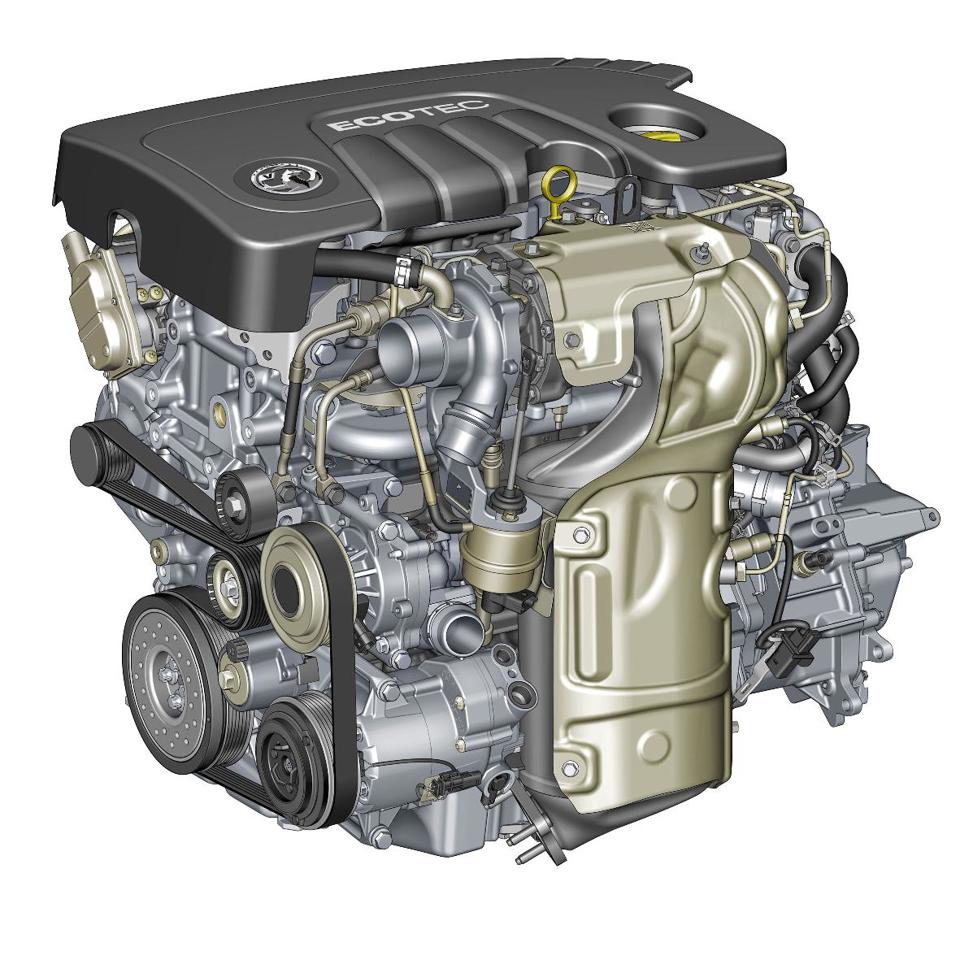Calls for changes to company car benefit-in-kind tax and other motoring taxes have been made, following a landmark European Court of Justice (ECJ) ruling.
The UK Government has been ordered to clean up illegal levels of air pollution, and the “dieselisation” of the UK car parc – to which massive growth in corporate use of diesel-engined company cars and vans has contributed – is being blamed.
Client Earth, a group of activist lawyers who also run the Healthy Air Campaign, took the Government to the Supreme Court, which agreed that it had breached its legal duty to achieve limits for nitrogen dioxide.
The Supreme Court asked the ECJ to rule on what remedial action it could compel the UK to take.
Following the ECJ’s verdict that the UK must act to clean up illegal levels of air pollution “as soon as possible”, the case will next year return to the Supreme Court, where judges will apply the ECJ’s ruling.
Supreme Court judges are expected to outline how the Department for Environment Food and Rural Affairs (DEFRA) should tackle nitrogen dioxide pollution targets in a much shorter timeframe, which is likely to mean a focus on diesel vehicles.
The Healthy Air Campaign says that air pollution is one of the most serious public health risks, contributing to the early death of up to 200,000 people in the UK annually.
Claiming that “carcinogenic” diesel is the biggest culprit, it says an urgent policy shift is required to reverse the dieselisation of the UK car parc.
It is arguing for changes to the CO2-based motoring tax system – company car tax, capital allowances and vehicle excise duty – that favour diesel vehicles over petrol-engine equivalents.
In addition, it wants a national network of Ultra Low Emission Zones, replicating London Mayor Boris Johnson’s proposals for the capital from 2020 (fleetnews.co.uk, April 11, 2014).
Healthy Air Campaign co-ordinator Gavin Thomson said: “A number of vehicle-related taxes favour diesel vehicles, which is bad news not just for UK compliance with the law and public health but also for diesel drivers because they have a high exposure to diesel fumes.
“Measures need to be taken to reduce diesel traffic on our streets and the ruling from the ECJ certainly puts pressure on the UK Government to implement policies that will reduce diesel traffic.”
Client Earth lawyer Alan Andrews continued: “Consumer labelling and vehicle excise duty are currently encouraging diesel purchases.
“Company car taxation currently also incentivises diesel. These need to be changed to discourage car buyers from buying diesel and reverse the growth in diesel’s market share.”
However, speaking at the British Vehicle Rental and Leasing Association annual conference, John Parkinson of the Department for Transport said the Government was “not considering restriction or prohibition on diesel”.
“There are also no plans to reform VED for cars,” Parkinson added.
He pointed out that air quality has improved greatly in recent years, helped by cleaner fuels, and the UK was compliant for all emissions requirements apart from one – nitrogen dioxide.
“Tighter European standards have been the best way to tackle air pollution for transport,” he said.
“As a result, diesel is much cleaner. Euro6 is delivering the expected reductions in emissions of nitrogen dioxide in the real world.”
This latest intervention comes in the wake of the report Transport Emission Roadmap – ‘Transport Emission Roadmap: Cleaner Transport for a Cleaner London’ – from Mayor of London and Transport for London (Fleet News, October 2, 2014).
The report also called on changes to company car tax, capital allowances and Vehicle Excise Duty so that air pollutants were considered, as well as CO2.
In February, the European commission brought a separate case against the UK for breaching air quality laws on nitrogen dioxide.
The commission’s case against the UK looks likely now to be heard in spring 2015, following the ECJ’s judgment relating to the Client Earth hearing.

















Login to comment
Comments
No comments have been made yet.